Israel: A Crossroads of History and Geography
Related Articles: Israel: A Crossroads of History and Geography
Introduction
In this auspicious occasion, we are delighted to delve into the intriguing topic related to Israel: A Crossroads of History and Geography. Let’s weave interesting information and offer fresh perspectives to the readers.
Table of Content
Israel: A Crossroads of History and Geography
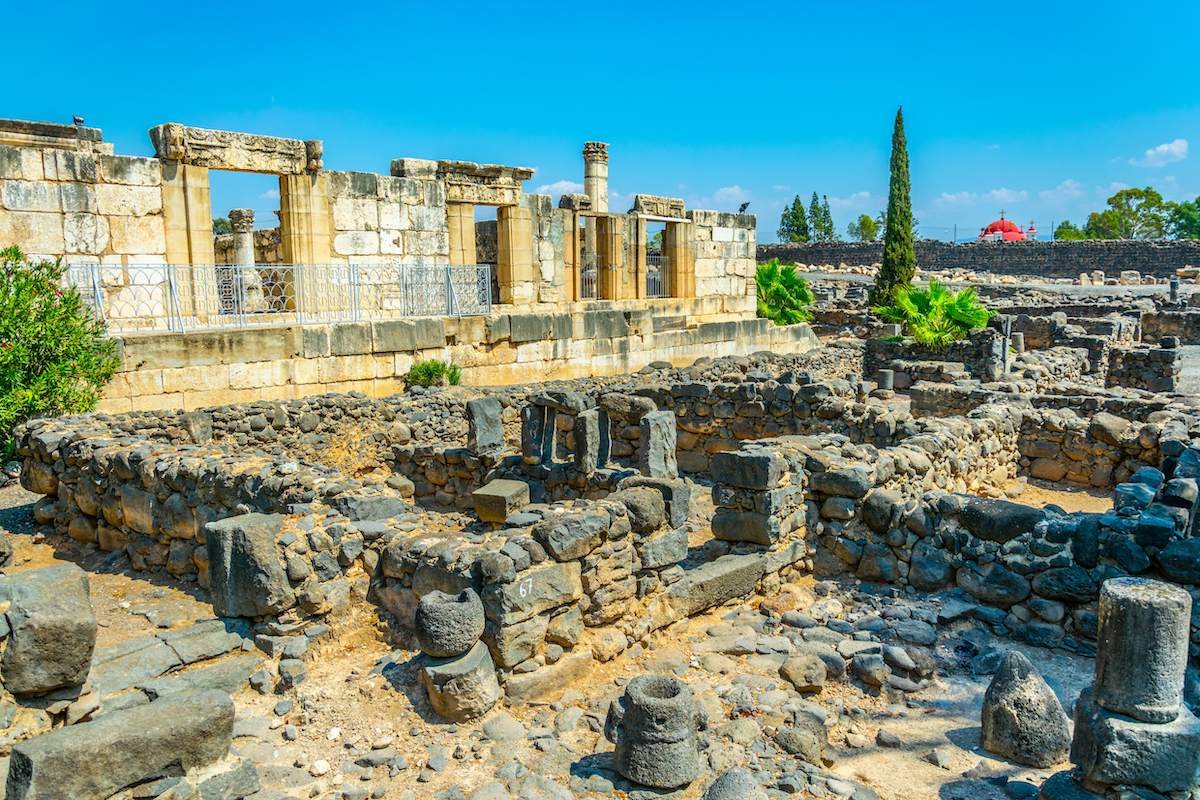
Israel, a nation nestled in the Middle East, occupies a pivotal position on the world map. Its geographical location, a crossroads of continents and cultures, has shaped its history, its people, and its enduring significance. Understanding Israel’s location is crucial for comprehending its complex political landscape, its rich cultural heritage, and its role in regional and global affairs.
A Land of Contrasts:
Israel’s geographical features contribute to its unique character. It sits at the eastern edge of the Mediterranean Sea, bordered by Lebanon to the north, Syria to the northeast, Jordan to the east, Egypt to the southwest, and the Gaza Strip to the southwest. This location has historically made Israel a bridge between Africa, Asia, and Europe.
The country’s topography is diverse, encompassing a narrow coastal plain, the rolling hills of the Galilee, the arid Negev desert, and the dramatic Jordan Rift Valley. The Dead Sea, the lowest point on Earth, lies along its eastern border, while the Golan Heights, a strategic plateau, rise to the northeast. These geographical features have shaped Israel’s agricultural potential, its water resources, and its defense strategies.
A Historic Crossroads:
Israel’s location has made it a focal point of history and a crossroads of civilizations for millennia. The land has witnessed the rise and fall of empires, the development of major religions, and the emergence of significant cultural movements. Ancient civilizations like the Canaanites, Philistines, and Israelites left their mark on the landscape, their remnants still visible in archaeological sites and historical texts.
The land’s strategic importance has attracted numerous conquerors and empires, including the Egyptians, Assyrians, Babylonians, Persians, Greeks, Romans, Arabs, and Ottomans. Each left its imprint on the culture, language, and architecture of the region, contributing to the complex tapestry of Israel’s history.
A Land of Religious Significance:
Israel holds profound religious significance for Judaism, Christianity, and Islam. Jerusalem, considered holy by all three religions, is located in the heart of the country. The city contains numerous sacred sites, including the Western Wall, the Temple Mount, the Church of the Holy Sepulchre, and the Dome of the Rock.
The presence of these holy sites has made Israel a pilgrimage destination for millions of people from around the world. It has also contributed to the ongoing religious and political conflicts that have plagued the region for centuries.
A Modern Nation:
Israel’s modern history is marked by the establishment of the State of Israel in 1948, following the British Mandate period. The creation of the nation led to the Arab-Israeli conflict, a protracted and complex struggle that continues to shape the region’s politics and security.
Despite the challenges it faces, Israel has developed into a technologically advanced and economically prosperous nation. It has made significant strides in agriculture, industry, and scientific research, becoming a leader in fields such as medicine, technology, and innovation.
Benefits of Israel’s Location:
Israel’s location offers numerous benefits, both economic and strategic. Its proximity to major trade routes and its access to the Mediterranean Sea make it a vital hub for international commerce. The country’s strategic position has also made it a key player in regional security, forming alliances with various nations.
FAQs:
-
Why is Israel located where it is? Israel’s location is a result of historical, geographical, and religious factors. The land has been inhabited for millennia, making it a natural crossroads for trade and cultural exchange. Its religious significance has also drawn people from around the world, further solidifying its importance.
-
What are the challenges of Israel’s location? Israel’s location presents numerous challenges, including the ongoing conflict with its neighbors, the threat of terrorism, and the need to manage scarce resources. The region’s political instability also creates economic and social challenges for the country.
-
How does Israel’s location affect its economy? Israel’s location provides access to major trade routes, making it a hub for international commerce. Its strategic position also attracts foreign investment and technology transfer. However, the ongoing conflict and regional instability can negatively impact the country’s economy.
-
What is the significance of Jerusalem in Israel’s location? Jerusalem is a holy city for Judaism, Christianity, and Islam, making it a focal point of religious and political tension. Its location in the heart of Israel has made it a key point of contention in the Arab-Israeli conflict.
Tips:
-
When studying Israel’s location, it is essential to consider its historical context, understanding the various civilizations that have inhabited the land and the empires that have ruled it.
-
Pay attention to the country’s geographical features, including its coastline, its mountains, and its deserts. These features have shaped Israel’s agriculture, its water resources, and its defense strategies.
-
Research the religious significance of Israel, exploring the holy sites that draw pilgrims from around the world and understanding the role of religion in the region’s politics and society.
-
Stay informed about the ongoing Arab-Israeli conflict, its historical roots, and its impact on the region.
Conclusion:
Israel’s location on the world map is a testament to the interplay of history, geography, and religion. Its strategic position has made it a crossroads of civilizations, a focal point of conflict, and a hub of innovation. Understanding Israel’s location is essential for grasping its unique character, its complex challenges, and its enduring significance in the global landscape.
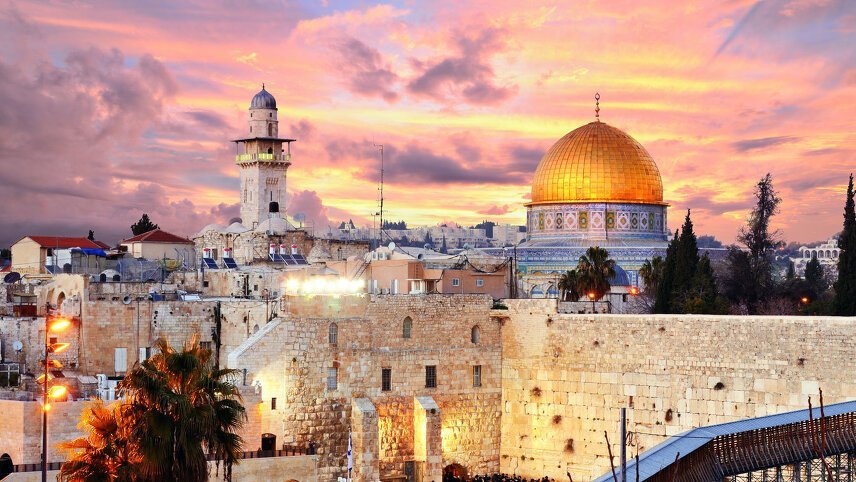
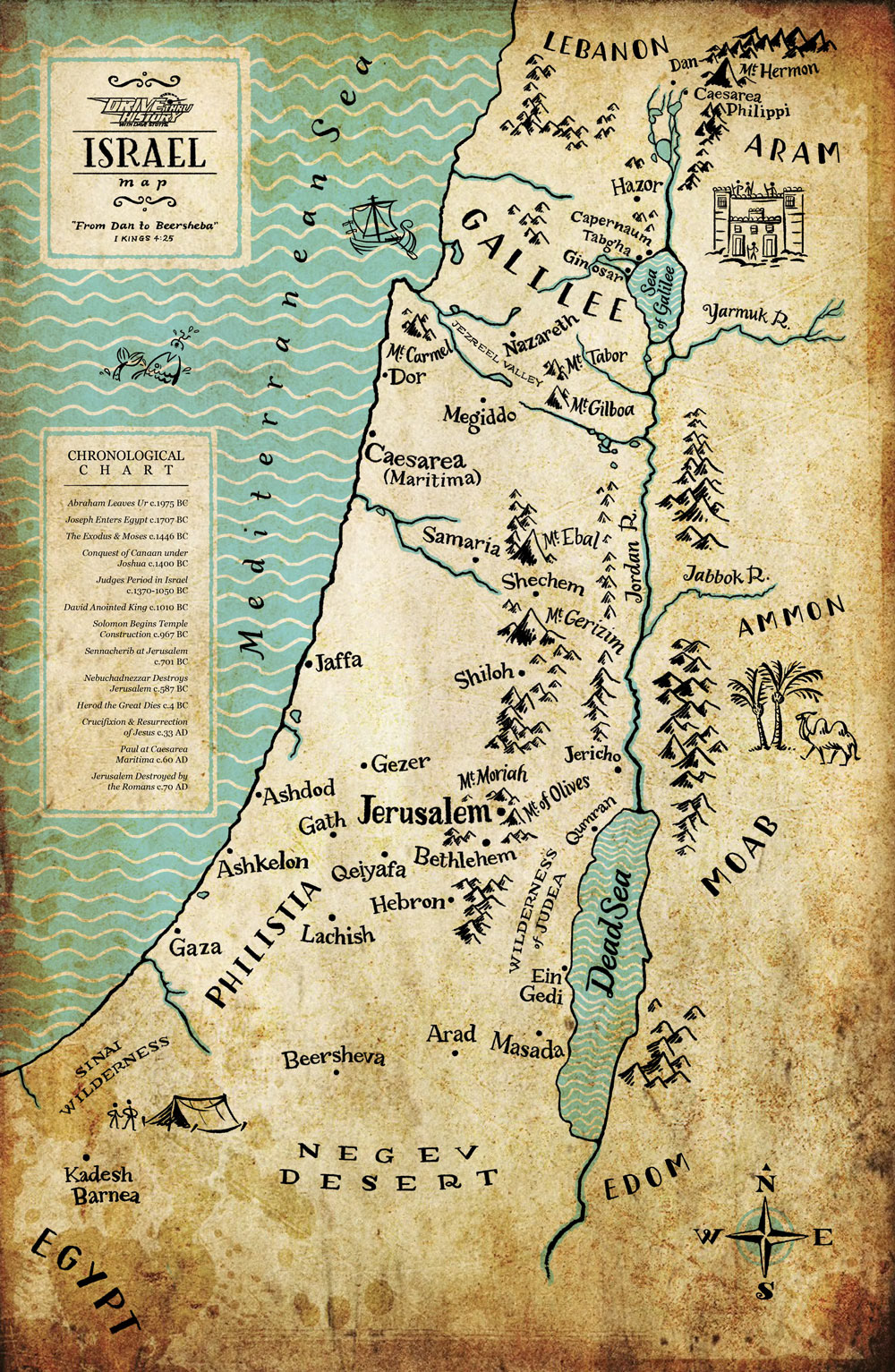



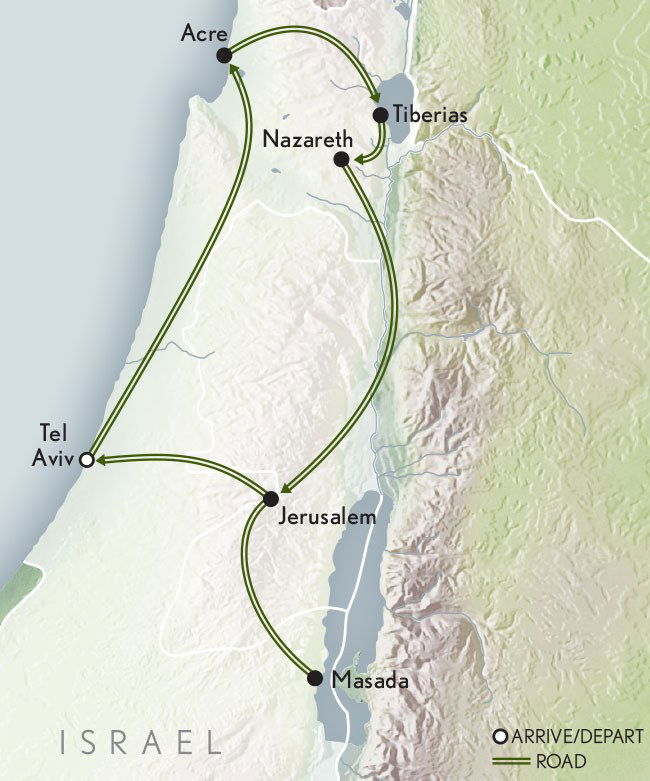

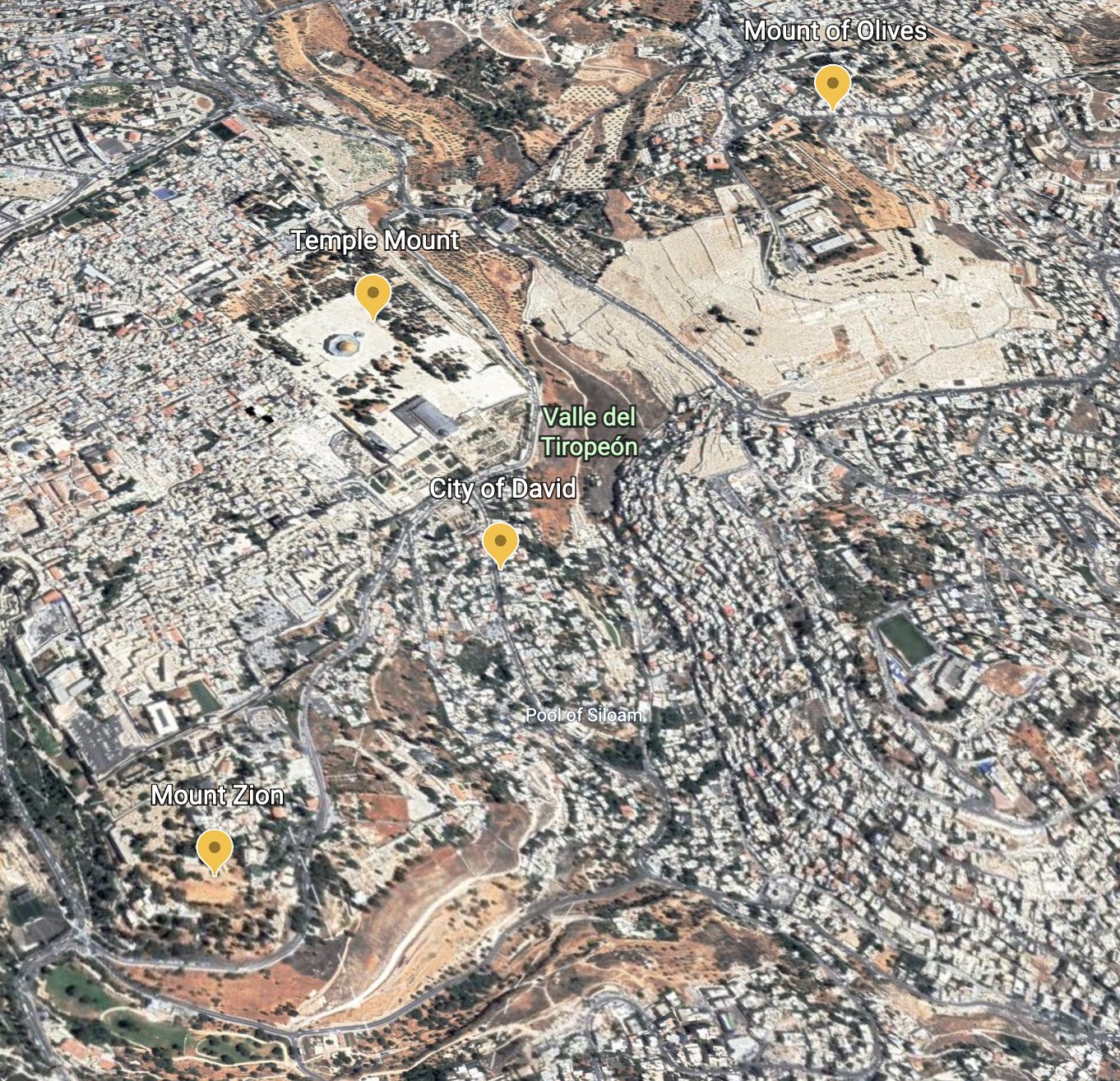
Closure
Thus, we hope this article has provided valuable insights into Israel: A Crossroads of History and Geography. We appreciate your attention to our article. See you in our next article!